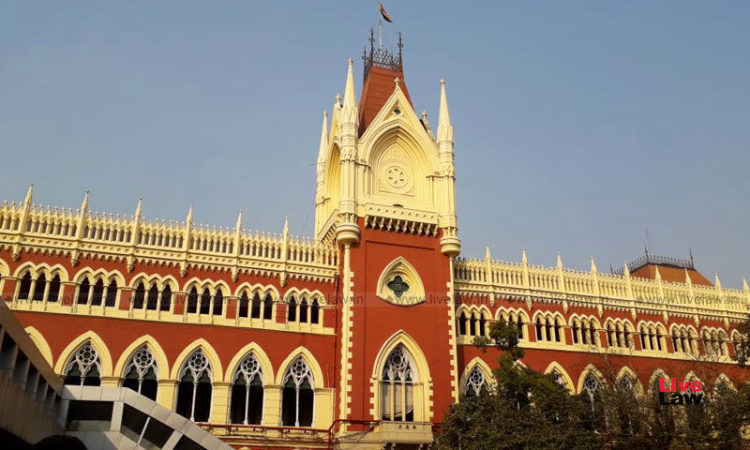No Pre-Planning, First Time Offenders: Calcutta High Court Commutes Death Penalty In Triple Murder Case
Udit Singh
14 March 2023 3:15 PM IST

Next Story
14 March 2023 3:15 PM IST
The Calcutta High Court at Jalpaiguri recently commuted the death sentence awarded by the trial court to the convicts in a triple-murder case, to life imprisonment without remission for a period of 30 years,.A division bench of Justice Joymalya Bagchi and Justice Subhendu Samanta observed:“Presence of mitigating factors like lack of criminal antecedents play an important role to opt for a...
